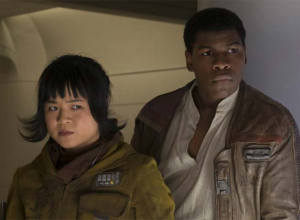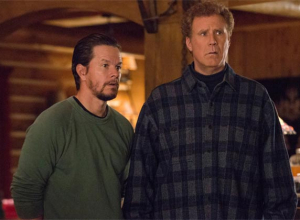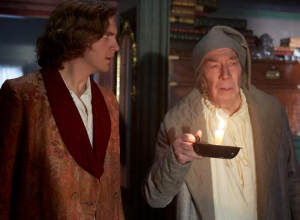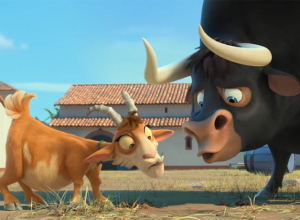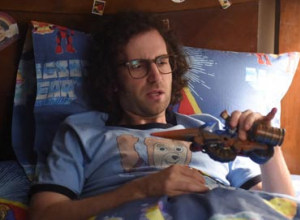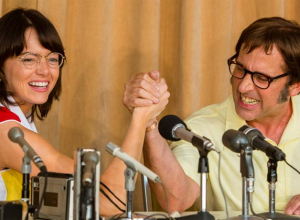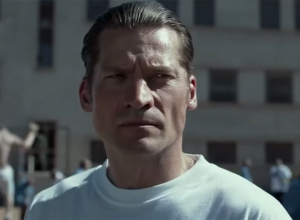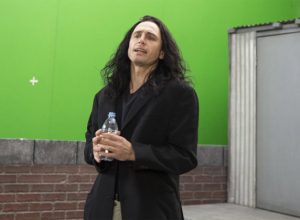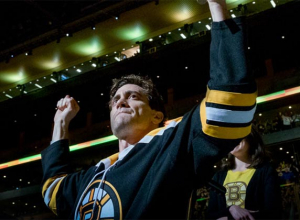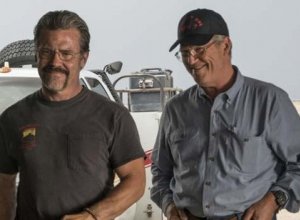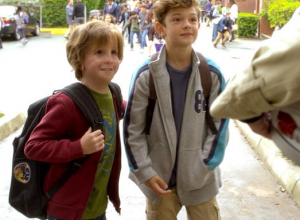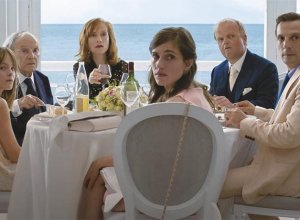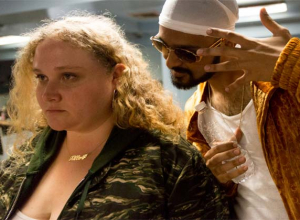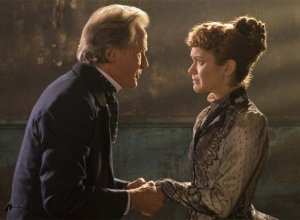The Last of the Unjust Review
By Rich Cline
At three and a half hours, this documentary sometimes feels both overlong and far too detailed, but filmmaker Claude Lanzmann knows that this material is vitally important, and by putting it all out there he challenges the viewer to understand the truth. As with his 10-hour 1985 masterwork Shoah, Lanzmann is exploring the Holocaust through first-hand accounts, this time from an angle we've never heard before. Which makes this documentary utterly riveting.
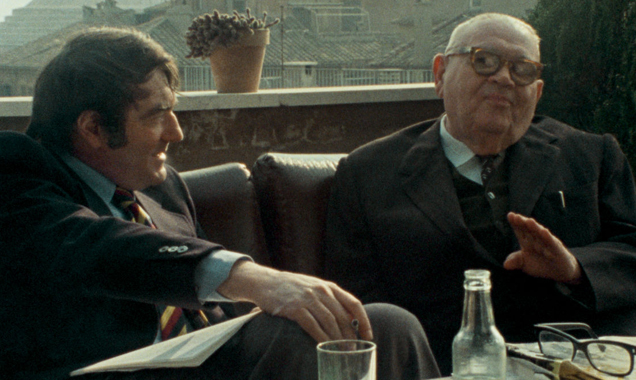
It centres on a filmed interview Lanzmann had with Rabbi Benjamin Murmelstein in Rome in 1975. Murmelstein was the last Elder of the Jewish ghetto in Terezin (aka Theresienstadt), Czech Republic, and the only Elder to survive the war. Terezin was called "Hitler's gift to the Jews", and run by Eichmann as a "model ghetto". So Jews from throughout the conquered German territory emigrated there with wary expectations of a new life, only to discover a place of terror where minor crimes were punishable by hanging and thousands were regularly shipped off to Auschwitz and other death camps. After the war, Murmelstein was reviled by the Jews for working so closely with the Nazis but, as he says, "I was the between the hammer and the anvil", and he believed his role was to deaden the blows. He says he only survived so he could tell the true story of the Jewish "paradise".
Intercut with Murmelstein's 1975 conversation are present-day scenes of Lanzmann exploring various settings in Austria, Poland and the Czech Republic while he reads from Murmelstein's 1961 memoir Terezin: Eichmann's Model Ghetto. These sequences offer a startling contrast, as the now-benign locations reveal their horrific pasts. And to add further resonance, Lanzmann includes journalistic drawings made by ghetto residents of the events they witnessed. All together, this paints a striking portrait of what happened without ever resorting to manipulative moviemaking. As with Shoah, Lanzmann's approach is unblinking and comprehensive, including any details as he can get his hands on to make sure we know as much as possible.
Sometimes this feels a bit exhausting, and we wish Lanzmann had edited the film down to a more manageable length. But making this story palatable is clearly not the point. We may like to call these events "unspeakable", but they need to be talked about. And this film is a remarkably lucid depiction of how and why the Nazi's Final Solution shifted from persecution to emigration to extermination. So when Lanzmann challenges Murmelstein for speaking of atrocities in a way that feels clinical, Murmelstein replies, "I didn't have the right to start crying," because he was just trying to help people survive. In the end he refused to run like the others. He was tried and acquitted, and yet still feels haunted by his own life. Which is perhaps why the film's title is a term he uses for himself.
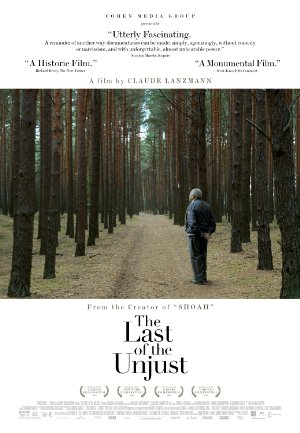
Facts and Figures
Year: 2013
Genre: Documentaries
Run time: 220 mins
In Theaters: Wednesday 13th November 2013
Box Office USA: $38.4k
Distributed by: Cohen Media Group
Production compaines: Le Pachte, Dor Film Produktionsgesellschaft GmbH
Reviews
Contactmusic.com: 4 / 5
Rotten Tomatoes: 97%
Fresh: 33 Rotten: 1
IMDB: 6.8 / 10
Cast & Crew
Director: Claude Lanzmann
Producer: David Frenkel, Jean Labadie, Danny Krausz
Screenwriter: Claude Lanzmann
Starring: Benjamin Murmelstein as Himself, Claude Lanzmann as Himself/Interviewer
Also starring: Jean Labadie, Danny Krausz
